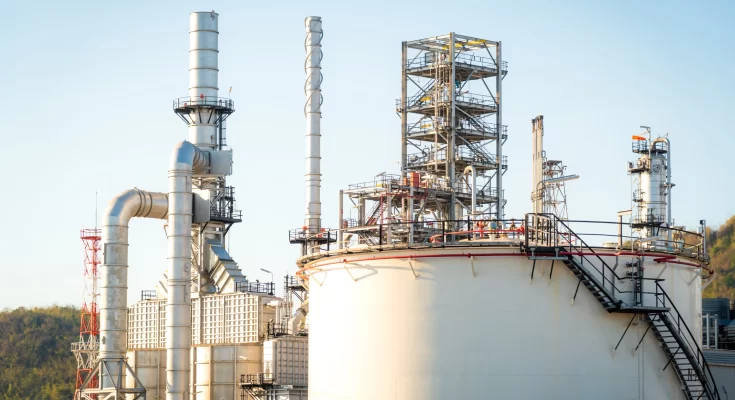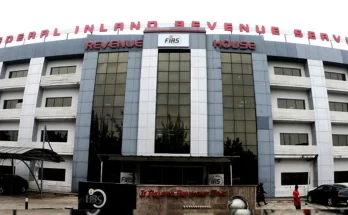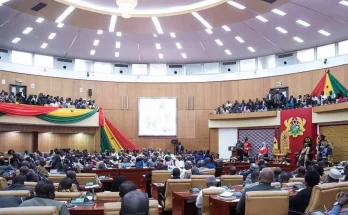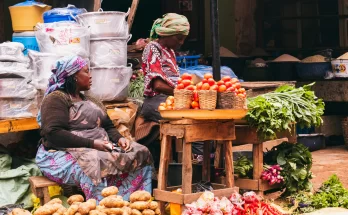The Organised Labour in Ghana will not be getting a reduction in petroleum tax as a May Day gift this year. This is following a recent rejection by President Nana Addo Dankwa Akufo-Addo for the fear of the government at the centre losing a huge source of revenue.
Coming from a perspective of what is best for the nation, the president tagged the request as bad timing for the Ghanaian public as revenue from these taxes generates well over GHc4 billion to the government’s coffers.
Recall that recently under the aegis of organized labour through Dr. Yaw Baah, the Secretary-General of the Ghana Trades Union Congress, a proposal was sent to the government for the suspension of all taxes and levies on petroleum products to mitigate the current economic hardship facing Ghanaians because of hikes in fuel prices, food commodities, and transport fares.
In furtherance of the President’s argument for rejection of the proposal, Akufo-Addo acknowledged the fact that if not for these taxes that help to foot the bills of 700,000 public sector workers on the Government’s payroll, the government would have performed way below the public’s expectation considering the current challenge of very tight financing conditions in the wake of inadequate domestic revenue mobilization.
Fuel Scarcity
Recent happening has shown that Ghana is not immune from the current distress from the Russia-Ukraine crisis that has hiked the prices of petroleum products.
Even though Ghana is currently a producer of crude oil in the world, with a current output of 148,000 barrels per day, the country still ranks as a major importer of petroleum products in the world.
In tackling the fuel crisis caused by the external factor of the crisis in Europe, the president submits that the government is working towards implementing measures that are succeeding in stabilising the exchange rate, which is a key determinant of fuel prices.
Also as a strategy, the government is looking at ensuring a reliable supply and availability of petroleum products to prevent shortages being experienced in some neighbouring countries.
To make Ghana a petroleum refining nation, he revealed plans to rehabilitate the Tema Oil Refinery as this will further contribute to stabilising petroleum prices with the hope of a timely materialization.
What You Should Know
- The Ghanaian Government is currently working on a scheme to encourage the private sector to involve in the establishment of refineries in the country.
- The president on May Day also revealed that one of such companies built by the private sector has currently hit the 80 percent completion rate and is expected to be commissioned in 2022.
- There are at least seven taxes on fuel in Ghana. These include Energy Fund Levy, Sanitation and Pollution Levy, Price Stabilization and Recovery Levy, Energy Sector Levy, Special Petroleum Tax, Road Fund Levy and Energy Debt Recovery Levy.
What President Akufo-Addo is saying on the rationale for rejection,
“Removing taxes on petroleum products will reduce Government revenues by some four billion cedis (GHc4 billion).”
“Indeed, some of the revenues from these same taxes on petroleum products is what is used to pay some of the salaries of some of the 700,000 public sector workers on Government’s payroll.”
The President’s submission on the problem,
“We, therefore, continue to be vulnerable to the price volatilities of the world market for petroleum products.”




